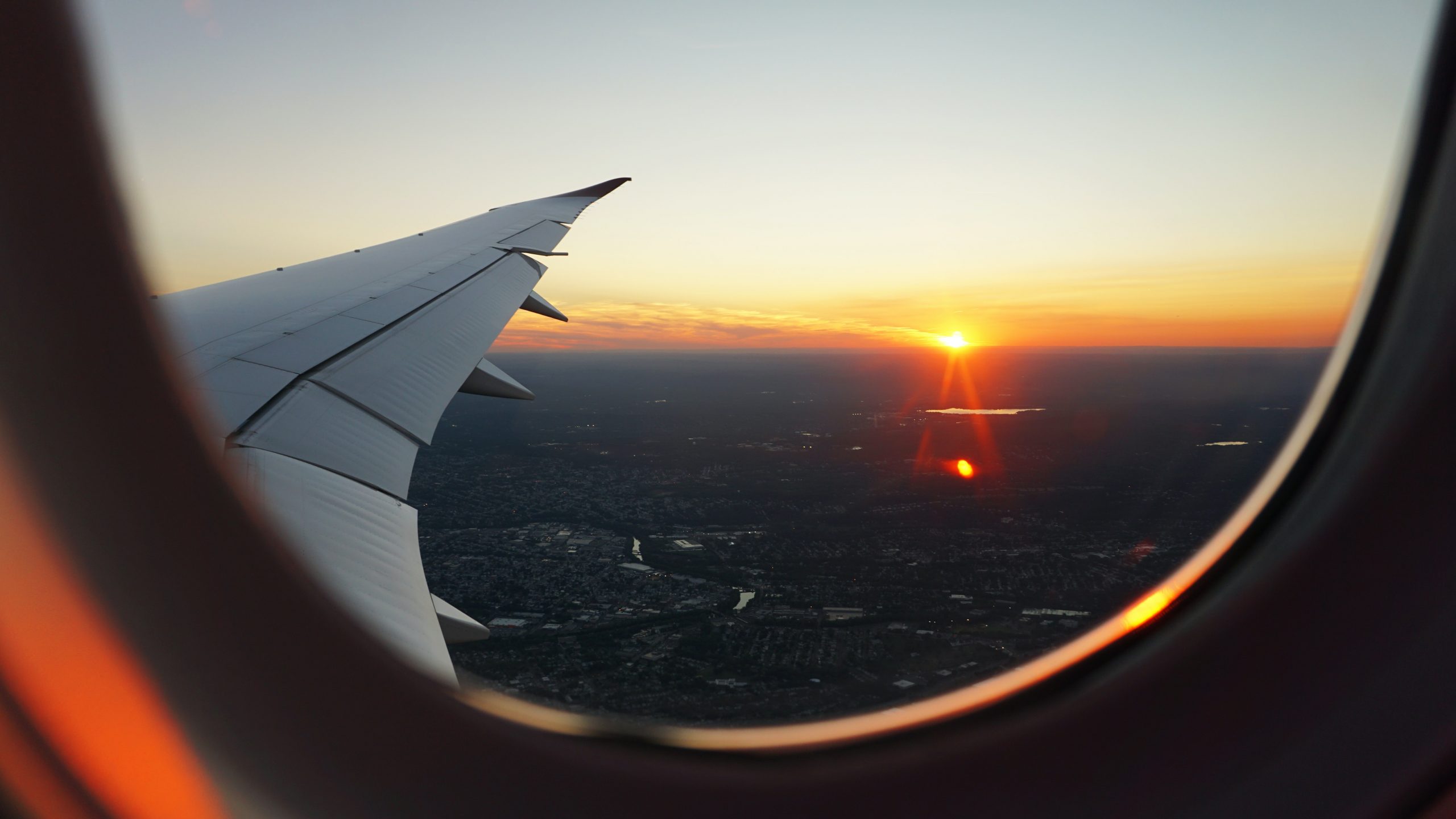In the year 2019, the National Travel and Tourism Office reported that the number of Americans travelling abroad amounted to a whopping 93 million. Travel has always been a way to discover more about the world and oneself. A survey entitled Student and Youth Travel Digest (SYTD), shows that teachers believe that travel should be undertaken in one’s youth. Doing so enables children to benefit in key ways – including the furthering of their future professional lives and the fostering of key personal qualities such as independence.

The Student and Youth Travel Digest – Key Findings
The report gathered information from a global survey carried out over a two-year period. It sought input from teachers, group leaders, and tour operators, so as to make vital comparison and to glean varied insights. Its aims was to discover how travel impacts a child or young person’s development in areas such as cultural enrichment. The key findings of the report were that 79% of all educators consider that increasing cultural awareness of students is a priority, 74% of teachers believe travel impacts children’s personal development positively, and 56% of teachers think travel has ‘a very positive impact’ on a child’s education and career. Moreover, more than half of educators thought that travel was both useful for academic performance (54%) and useful for the curriculum (53%). Around 24% believe that travel could aid students in future employment prospects.
The Positive Impact of Travel on Families
Families travelling with children know that the experience is very different from travelling as a couple or alone. Key aspects involved in planning a trip include ensuring that resorts are childproof and family-oriented. Thus, those wishing to make the most of the cultural, gastronomic, and even scientific aspect of travel take time to ensure their trip includes features such as workshops for kids, entertainment, arts and craft creation, nature walkabouts, and the like. Safety is also key, with parents travelling with older and younger kids also having to assure that their chosen destination is baby-safe.
However, research indicates that the investment involved in planning is very much worth it, with children benefiting both within the family structure and at school. The SYTD study showed, for instance, that teachers found travel to be extremely effective as a teaching resource compared to computer-based learning or classroom instruction alone. There were also important benefits that benefit both school and home relationships. These include increased self-esteem, independence, and confidence.
The Positive Impact on Students and Schools
There were many additional social impacts brought about by travel, said the teachers. These included increased willingness to learn and explore, a desire to travel more, greater intellectual curiosity, enhanced adaptability and sensitivity, and increased self-expression. Students who had travelled were also more tolerant and respectful and they were better at collaborating. Finally, around 40% of teachers said that travel helped students become more outgoing.
Teachers have spoken in the SYTD study: travel is a key way to enhance a child’s performance and wellbeing in many ways. Not only does travel enhance learning per se, but it also improves aspects such as confidence and self-esteem. Children who travel are also more likely to want to see more of the word, which in itself promotes curiosity, tolerance, and acceptance of diversity.







Leave a Reply